Exploring the Most Complicated Board Games of All Time
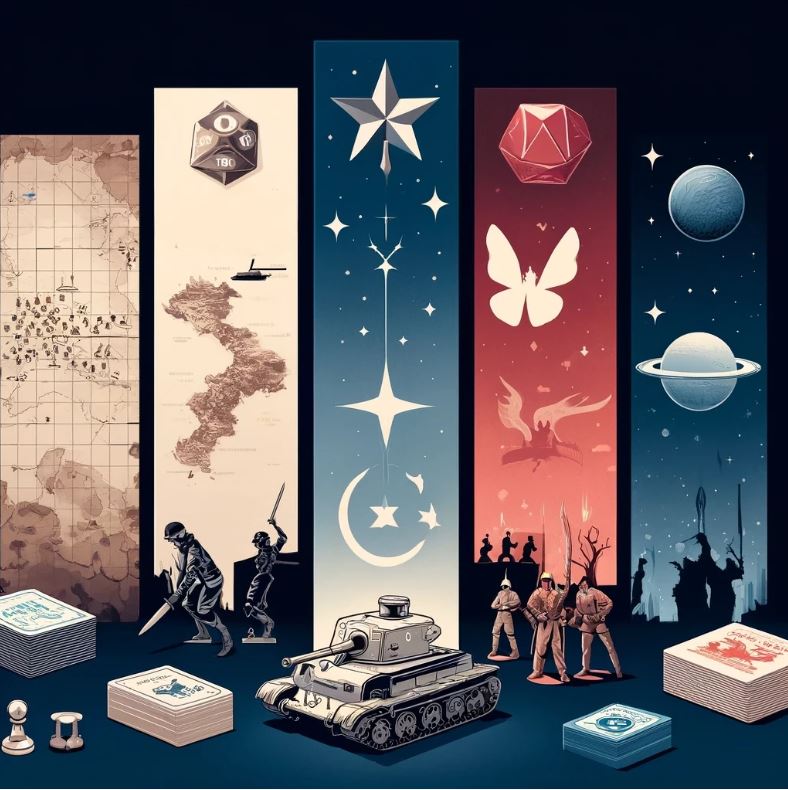

Board games come in a wide variety of sizes and styles, from simple family games to complex challenges that even the most strategically minded players can struggle with. Among these, sophisticated board games have a special appeal, attracting players who enjoy intense mental challenges and complex rule sets. These games often take more than just an evening to fully understand and appreciate, requiring dozens of hours of play to master. For enthusiasts, the difficulty of a board game is not a barrier; it is the main attraction. These games provide not only entertainment but also a test of patience, strategy, and sometimes endurance. The satisfaction of mastering a complex game is unparalleled.
The Intricacies of Board Game Complexity
Defining what makes a board game “complex” is subjective, but in general, it can be attributed to several key factors:
- Rules Depth: The number and intricacy of rules govern how players can interact with the game and each other. More rules often mean more options and strategies.
- Strategic Complexity: Games that offer a wide range of options and possible outcomes tend to be more challenging. They require players to think ahead and anticipate both the game’s mechanics and their opponent’s actions.
- Length of Play: Many complex games require several hours to play through a single session, demanding sustained concentration and strategic planning.
These elements combine in different ways to influence gameplay and player experience. For example:
- Learning Curve: Complex games often have a steep learning curve, which can be a barrier to new players but a draw for those looking for something to sink their teeth into.
- Player Interaction: High complexity often leads to rich player interactions, where alliances, betrayals, and negotiations play a significant role.
- Replay Value: With many variables and strategies to explore, complex games often boast high replay value, offering new experiences each time they are played.
Complex board games are more than just pastimes. They are engaging experiences that mirror the complexities of real-life decision-making and strategy. These games challenge the mind and encourage critical thinking, providing a stimulating puzzle for those who are willing to take on the challenge.
The Timeless Complexity of Go
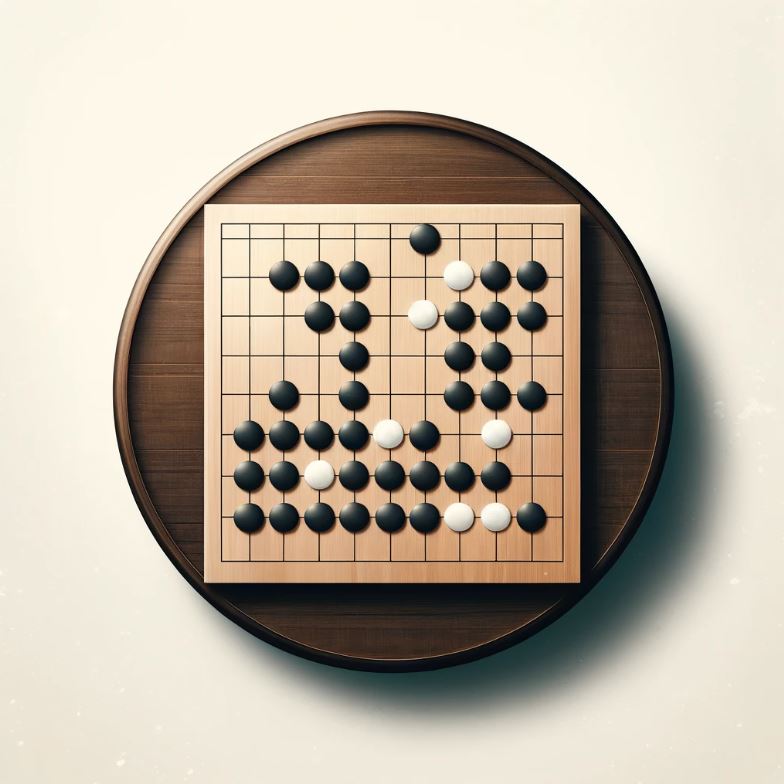
Go, a board game with roots dating back thousands of years in ancient China, continues to be one of the most strategically profound and complex games in the world today. Its enduring popularity is a testament to its design, which combines simplicity in setup with complexity in gameplay.
Ancient Origins and Popularity
- Historical Significance: It is believed that Go was invented over 4,000 years ago and was considered one of the four essential skills of a cultured scholar during the Zhou Dynasty.
- Cultural Impact: The game has deep roots in Japan, Korea, and China, and has been an important part of the cultural heritage of these countries, reflecting the intellectual and strategic values of these societies.
Design and Strategic Depth
- Board Layout: Go is played on a grid of 19×19 lines, although beginners may start on smaller 9×9 or 13×13 boards.
- Game Pieces: Utilizing simple black and white stones, the objective is to capture territory on the board.
- Minimalistic Yet Profound: The rules are minimalistic — players merely place stones to assert control over areas, yet this leads to a complex mesh of strategic possibilities.
Complexity in Strategy
- Infinite Possibilities: It is said that the number of possible board configurations in Go far exceeds the number of atoms in the known universe, making it immensely challenging to master.
- Strategic Depth: The strategy involves not only the placement of stones but also a higher order of planning involving the anticipation of the opponent’s moves, long-term territory control, and tactical skirmishes.
Go’s reputation for complexity is well-deserved and recognized worldwide, making it a continuous subject of study in both cognitive science and artificial intelligence. This complexity and the depth of strategic thought required are why Go is often cited as the pinnacle of board game complexity.
Explore Go Further with Gomagic
- To dive deeper into the rules and start your journey in mastering Go, visit How to Play Go.
- Enhance your strategic understanding and tackle challenging problems at Go Problems.
- For those looking to seriously improve their skills, check out interactive video courses for all levels at Go Courses.
Each resource is designed to help both beginners and advanced players appreciate the timeless complexity of Go. It will enhance your skills and enjoyment of this ancient game.
Top 5 Most Complicated Board Games
The realm of board games is vast and varied, with some games being so complex they’re known only to the most ardent enthusiasts. Here’s a list of the top 5 most complicated board games, celebrated for their depth, complexity, and the intense strategic demands they place on players.
- Advanced Squad Leader
- Theme: World War II tactical warfare
- Complexity: Renowned for its detailed simulation of infantry, artillery, and tank warfare.
- Gameplay: Players manage battalions through scenarios that mimic real battle conditions, with rules that cover everything from weather effects to line of sight.
- Community Insight: Often regarded as a hobby in itself, the game has a dedicated following and numerous expansion packs that further the complexity.
- Campaign for North Africa
- Theme: The North African Campaign of WWII
- Complexity: Possibly the most complex wargame ever made, with a rulebook exceeding 200 pages.
- Gameplay: The game is infamous for its length, often requiring over 1,000 hours to complete a full campaign.
- Unique Aspect: Players must manage logistics down to individual liters of water for troops and fuel for vehicles, making it a beast of administrative warfare.
- Magic: The Gathering
- Theme: Fantasy card game
- Complexity: The game’s universe is ever-expanding, with new cards and rules introduced regularly.
- Gameplay: Players build decks from a pool of thousands of cards, each with unique abilities and interactions.
- Fact: With over 20,000 unique cards and countless interactions, MTG requires both strategic deck building and tactical in-game decision-making.
- Dungeons and Dragons
- Theme: Fantasy role-playing
- Complexity: Depth comes from role-playing elements, character development, and a flexible rule system.
- Gameplay: Players create characters and embark on adventures controlled by a Dungeon Master. Scenarios can vary wildly, as can rules, which are often adapted by the Dungeon Master.
- Community Insight: D&D has a massive global following and has influenced countless video games, books, and other media.
- Twilight Imperium
- Theme: Space empire building
- Complexity: Known for its blend of strategy involving diplomacy, warfare, economics, and technology development.
- Gameplay: Players vie for galactic dominance through a combination of military might, political maneuvering, and economic bargaining.
- Playtime: Games can last over 8 hours, demanding strategic thinking and patience.
Each of these games presents a unique challenge that requires players to invest significant time and mental effort to master its complexities. These are not simply games, but rather portals to intricate realms of strategy and creativity. Whether you are commanding armies in North Africa, casting spells in Magic: The Gathering, or navigating the political machinations of a galactic empire, these titles offer a rewarding, albeit demanding, gaming experience.
Why Players Love Complex Board Games
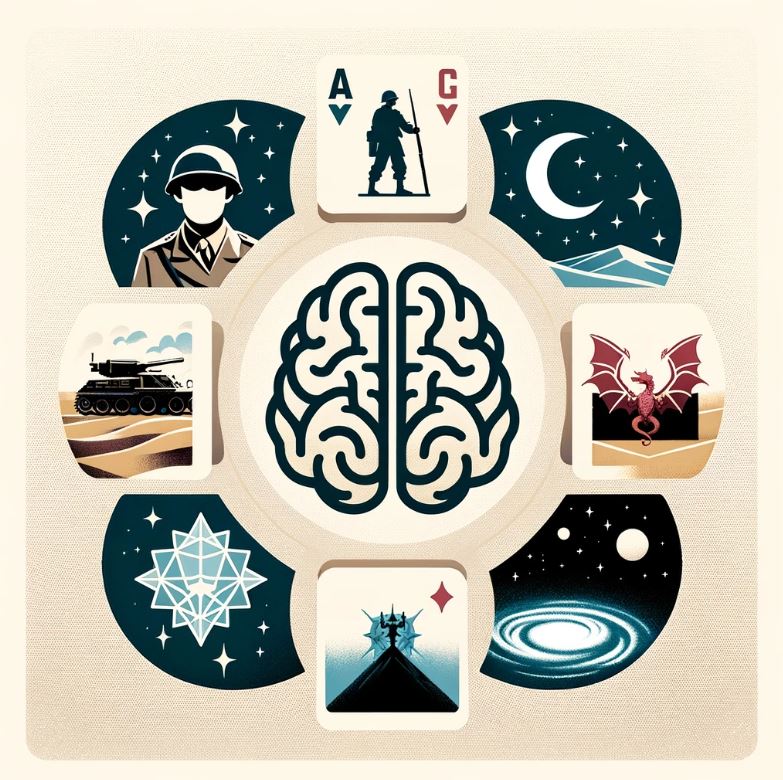
The allure of complex board games transcends mere entertainment, tapping into a deep-seated desire for intellectual challenge and strategic mastery. Players who gravitate towards these games often share a few common motivations:
- Mental Stimulation: These games require a deep level of cognitive engagement, providing a mental workout that many people find more satisfying than simpler games. They challenge and reward critical thinking, long-term planning, and problem-solving skills.
- Social Interaction: Complex games often require communication, negotiation, and sometimes even deception, creating a rich and interactive experience with other players.
- Sense of Achievement: Mastering such games can provide a significant sense of accomplishment. As noted by a seasoned gamer on BoardGameGeek, “The deeper the game, the greater the glory in mastering it.”
- Continuous Learning: These games are rarely played in the same way each time. Players enjoy the endless learning curve and the ability to adapt and improve with each game session.
These elements combine to create a highly rewarding gaming experience. These are not simply games, but opportunities to challenge oneself and grow.
Throughout this exploration of some of the most complex board games, from ancient strategies like Go to the vast galaxy of Twilight Imperium, we have seen that complexity in games goes beyond challenging rules. It creates spaces for deep intellectual engagement and social interaction. These games turn ordinary tables into areas of high strategy and intense competition.
Have you immersed yourself in any of these challenging games? Share your experience in the comments or suggest other intriguing games that fellow enthusiasts might enjoy. Embrace the challenge and perhaps discover a new favorite game to test your skills and strategies against.
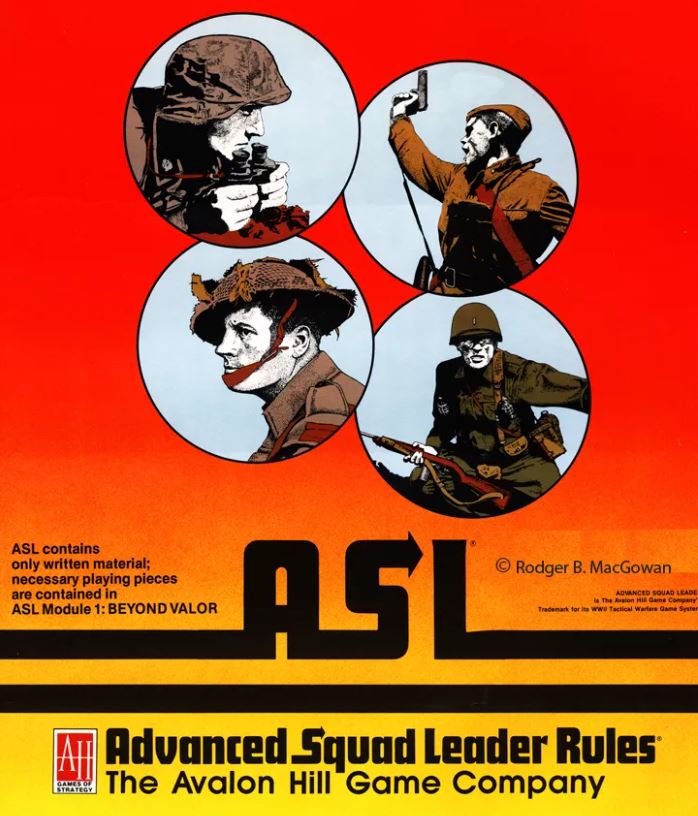

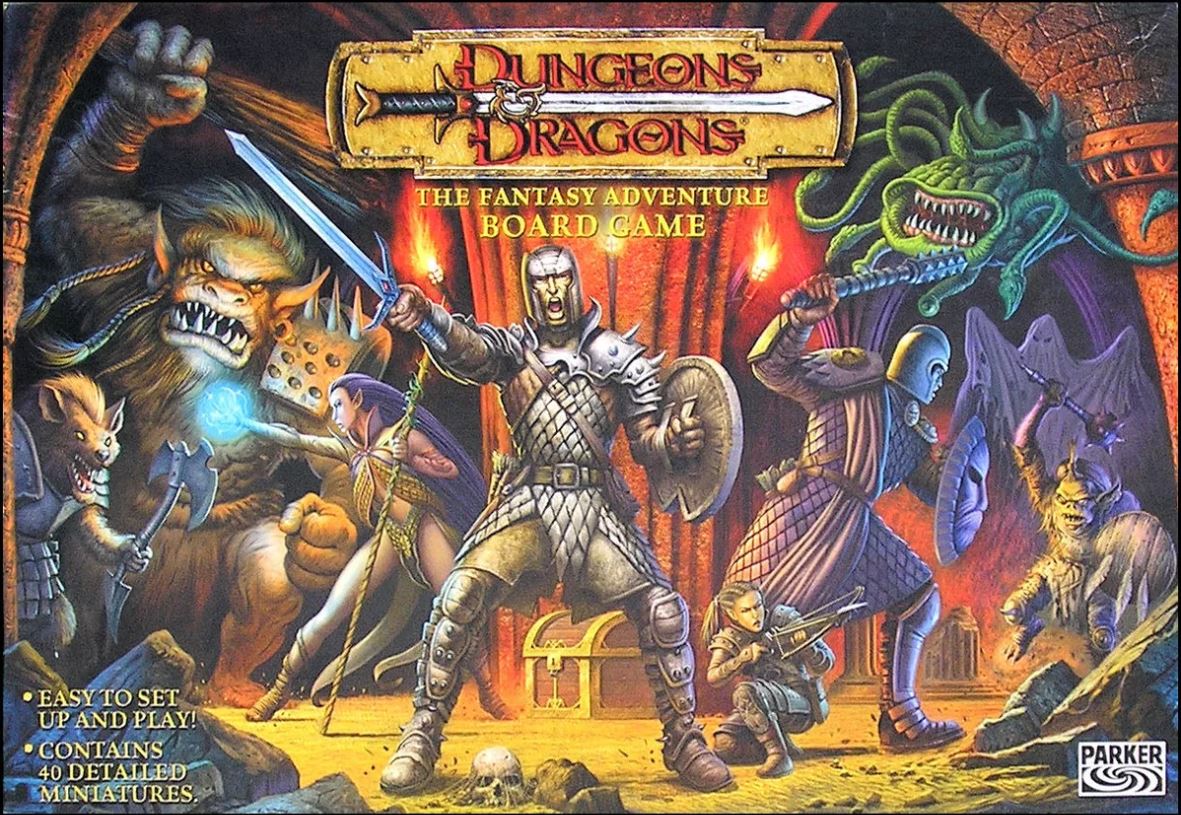
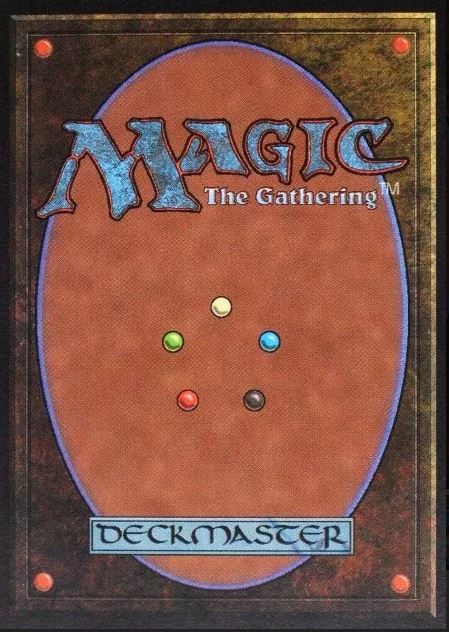
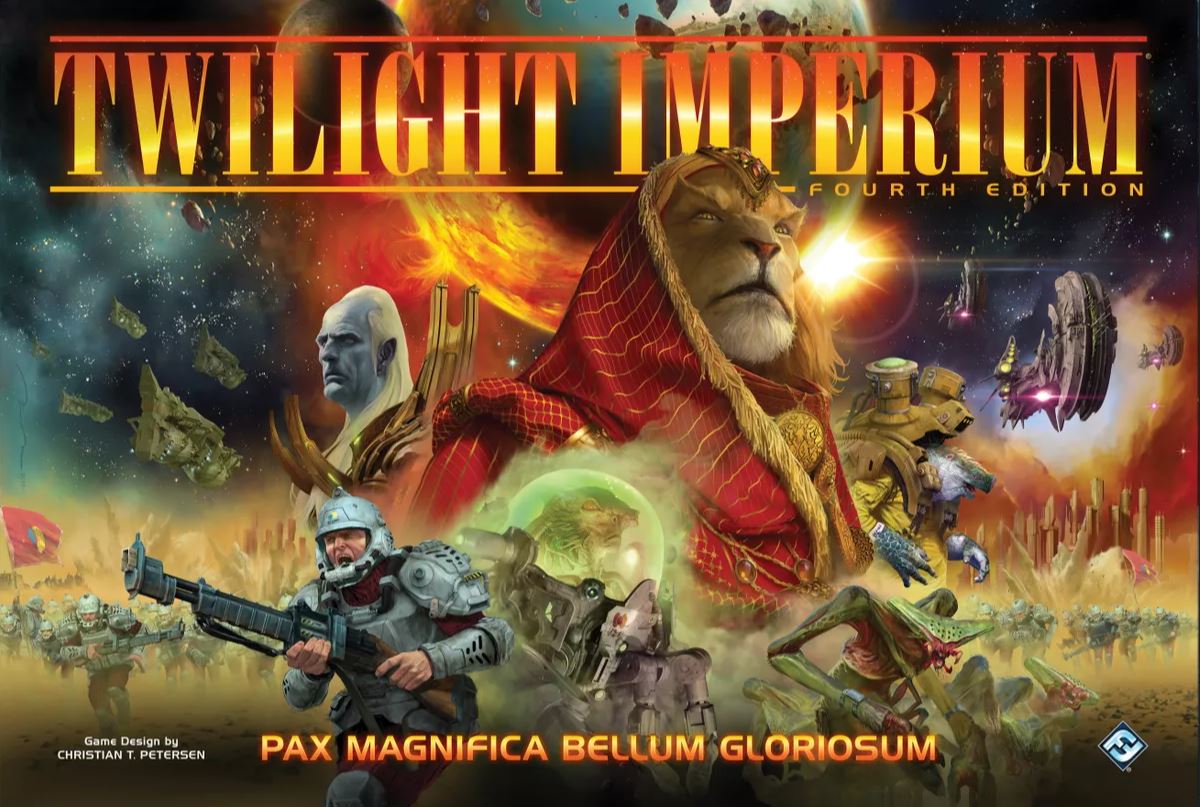
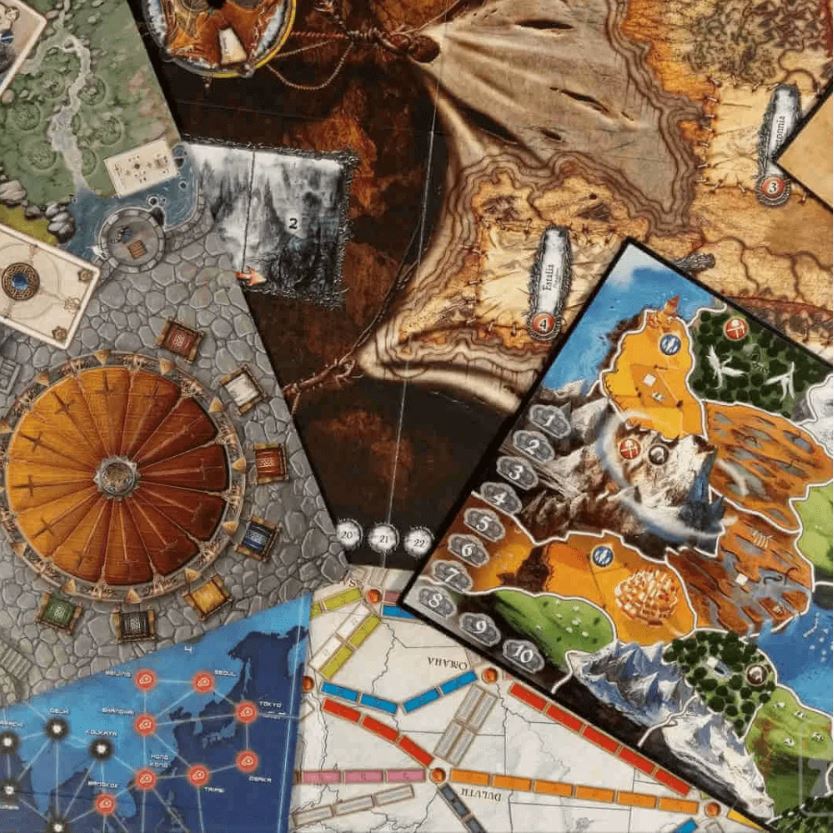
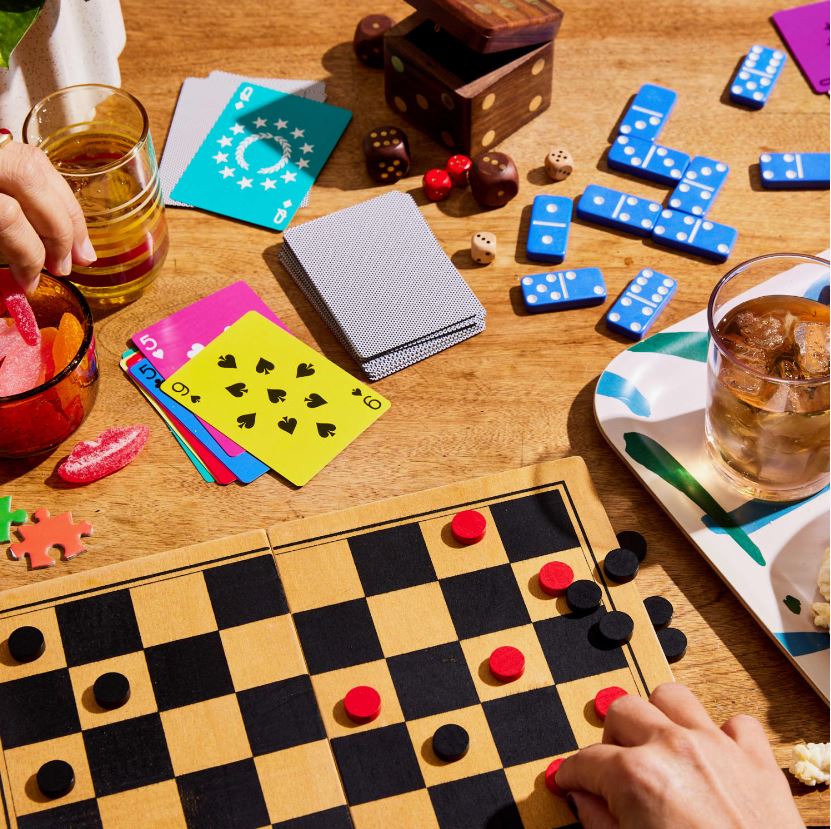

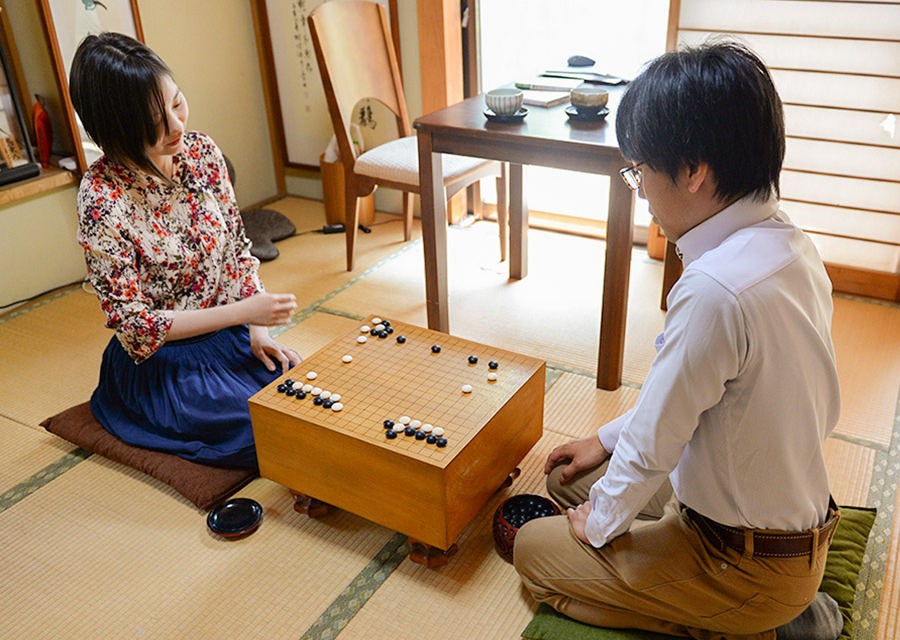

Оставить комментарий